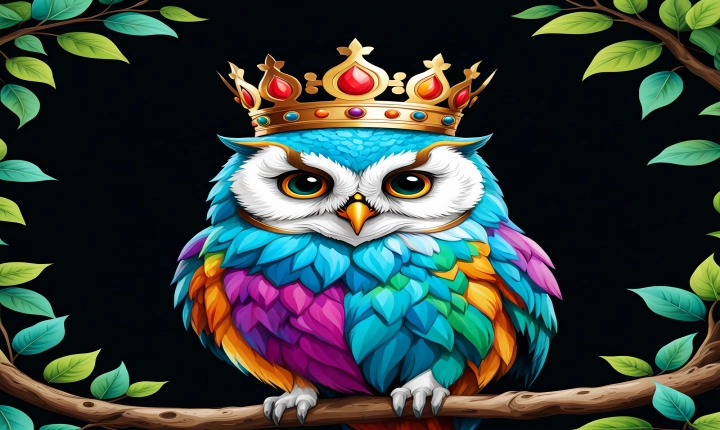Title: How AI is Changing the Game in Voice Alteration
In the constantly evolving landscape of technology, artificial intelligence has been making significant strides in various fields, including voice alteration. The ability to change one’s voice using AI has many practical and creative applications, from enhancing audiovisual content to improving communication and even creating new forms of entertainment. This article will explore how AI is revolutionizing voice alteration and the myriad ways it can be utilized.
Voice alteration technology has been around for decades, but AI has taken it to a whole new level. Traditional methods of voice alteration often involved cumbersome and time-consuming processes, such as manually adjusting pitch, speed, and tone. With the advent of AI, however, voice alteration has become more sophisticated and accessible than ever before. AI-powered algorithms can analyze and manipulate audio data with remarkable precision, allowing for seamless and natural-sounding voice modifications.
One of the most common applications of AI-driven voice alteration is in audiovisual content production. Content creators, including filmmakers, animators, and video game developers, can utilize AI to modify the voices of actors and characters, enhancing the overall production value. With AI, it is now possible to convincingly alter an actor’s voice to fit a character or to create new and diverse vocal performances without the need for extensive post-production editing.
Moreover, AI has the potential to revolutionize communication by enabling real-time voice alteration. This technology could be used in various scenarios, such as language translation or personalization of voice assistants, to create more inclusive and natural interactions. For example, AI could be employed to modify the tone and accent of a voice assistant to better match the user’s preferences or cultural background, improving the overall user experience.
In addition to practical applications, AI-powered voice alteration opens up new possibilities for entertainment and creative expression. Musicians and artists can use AI to experiment with different vocal styles and effects, pushing the boundaries of traditional sound and music production. Similarly, AI can be utilized in the creation of virtual avatars and digital personas, enabling individuals to adopt unique and customized voices for online content and virtual interactions.
Despite its many potential benefits, AI-driven voice alteration also presents ethical and privacy considerations. The ability to modify voices with AI raises concerns about the misuse of this technology for deceptive or malicious purposes, such as impersonation and fraud. It is crucial for industry stakeholders and regulators to address these concerns by establishing ethical guidelines and safeguards to prevent the misuse of voice alteration technology.
In conclusion, AI has revolutionized the field of voice alteration, offering a wide array of applications and opportunities for innovation. From enhancing audiovisual content to improving communication and enabling new forms of artistic expression, AI-driven voice alteration has the potential to transform the way we interact with sound and voice. As this technology continues to advance, it is essential to consider the ethical implications and to ensure responsible and transparent use of AI in voice alteration.
